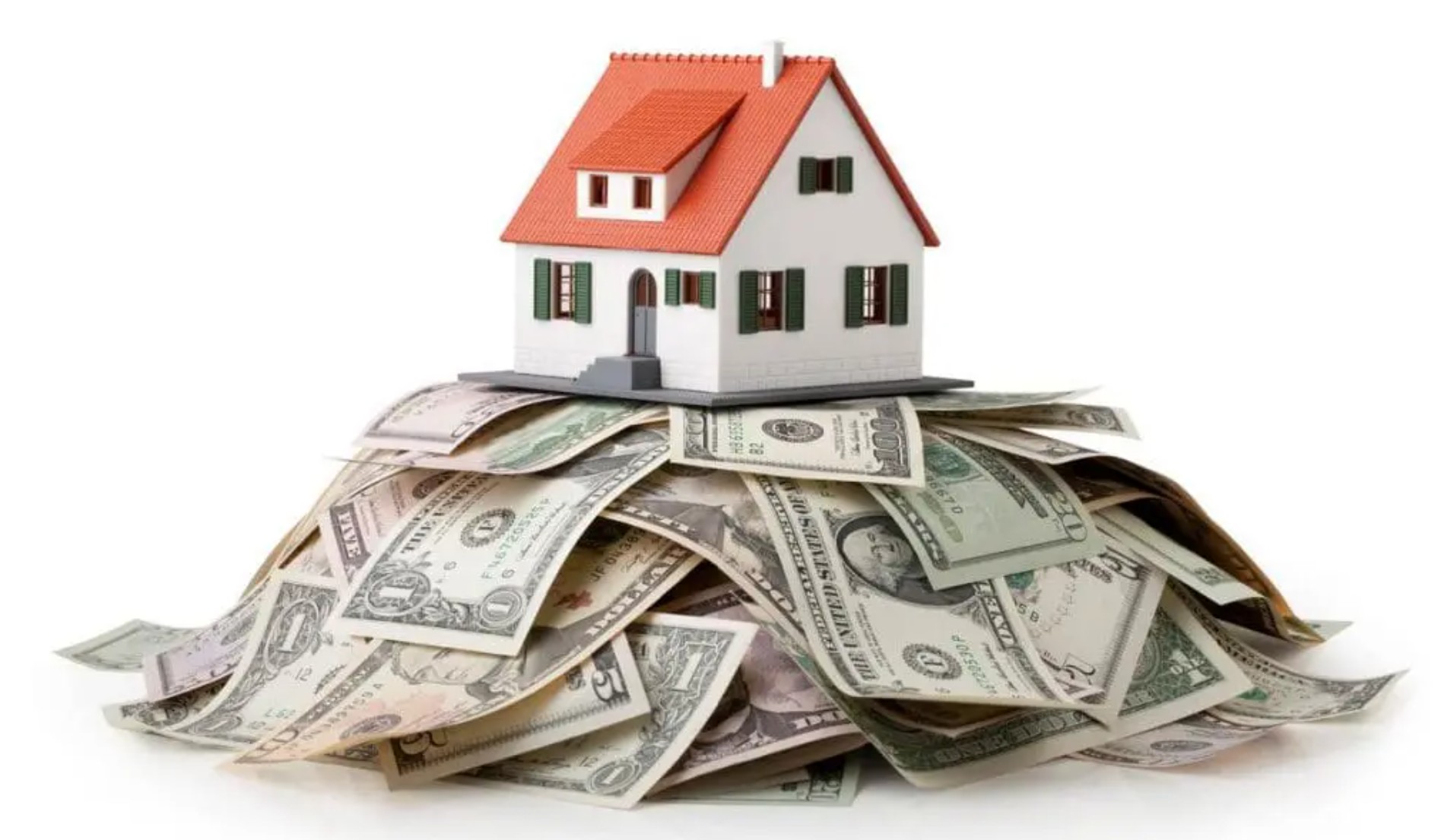House Approves Stricter Cap on Local Property Tax Increases

By Brandon Waltens | Texas Scorecard | August 25, 2025
The Texas House has passed a measure that tightens the limits on how much local governments can raise property taxes without voter approval.
Under current law, most taxing units can increase property tax collections by up to 3.5 percent annually without triggering a voter-approval election.
Authored by Sen. Paul Bettencourt (R–Houston) and carried in the House by Rep. Morgan Meyer (R–Dallas), Senate Bill 10 drops that cap to 2.5 percent beginning in 2026.
State Rep. Jared Patterson (R–Frisco) proposed an amendment to lower the cap to 1 percent instead of 2.5 percent, but exempt public safety spending from the calculations. The amendment was added to the bill in a vote of 94-43.
SB 10 also spells out how the cap is to be calculated in special circumstances. For example, when a city or county adopts or repeals a local sales tax, the formulas used to determine the “no-new-revenue” rate and the “voter-approval” rate are adjusted to reflect the shift in revenue. That is designed to ensure local governments can’t use changes in sales tax policy to mask property tax increases.
Likewise, in years when the governor issues a disaster declaration, SB 10 allows temporary adjustments to the cap. Local governments affected by natural disasters such as hurricanes, floods, or wildfires may exceed the 2.5 percent limit in order to cover emergency expenses, while still being required to return to the lower cap once the disaster period ends.
These provisions are designed to close loopholes in the current law and prevent taxing units from avoiding voter approval while still providing flexibility in cases of genuine emergencies.
However, the law originally only applied to local governments with a population greater than 75,000.
State Rep. Brent Money (R–Greenville) proposed an amendment to apply the provisions to all local governments. While Morgan first moved to table the amendment, he accepted it after debate.
Another amendment proposed by State Rep. Andy Hopper (R–Decatur) removes an exemption for municipal utility districts in the bill and requires them to hold to the same standards as other local governments. While Morgan first moved to table the amendment, his motion failed in a vote and the amendment was adopted.
SB 10 cleared the House on a vote of 78-52.
The Senate already approved it last week, but with the changes proposed by the House members, the Senate will either need to accept the changes or ask to convene a conference committee to work out the discrepancies.
Another measure dealing with property taxes also received approval in the House.
House Bill 17 by Meyer deals with transparency. It requires taxing units—including school districts—to mail detailed notices to property owners showing how proposed tax rates compare to inflation, population growth, and prior levies.
Brandon Waltens
Brandon serves as the Senior Editor for Texas Scorecard. After managing successful campaigns for top conservative legislators and serving as a Chief of Staff in the Texas Capitol, Brandon moved outside the dome in order to shine a spotlight on conservative victories and establishment corruption in Austin. @bwaltens